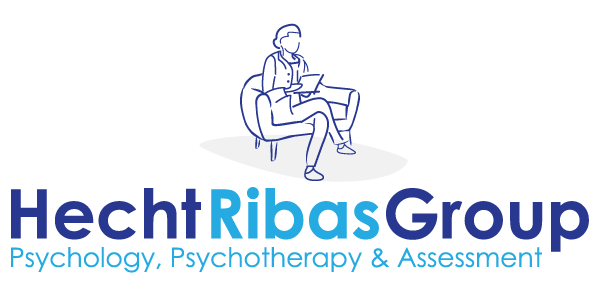Narcissistic personality disorder (NPD) is one of the more complex and misunderstood mental health disorders that can have an immense impact on those affected. NPD is a serious disorder that is often characterized by an exaggerated sense of self-importance, an extreme need for admiration and attention, and a lack of empathy for others. Individuals suffering from NPD are often perceived as arrogant, manipulative, and exploitive, leading to difficulty forming and maintaining close relationships. Despite its complexity, knowledge of what NPD looks like and how to best respond to a person with the disorder can go a long way in helping manage and treat it appropriately.
Narcissistic Personality Disorder is classified as a mental disorder in the fifth edition of the Diagnostic and Statistical Manual of Mental Disorders (DSM-5). This disorder is characterized by a pervasive pattern of grandiosity, need for admiration, and lack of empathy with an underlying view that one is superior to others. Those with NPD may have difficulty maintaining relationships due to their inability to recognize the emotional needs of others and their tendency to engage in exploitive or manipulative behavior.
The DSM-5 outlines several key diagnostic criteria for individuals to be diagnosed with NPD. Core symptoms can include an exaggerated sense of self-importance, a need for constant admiration, a strong sense of entitlement, and a lack of empathy. Additionally, symptoms may include grandiose fantasies or beliefs, a preoccupation with power or prestige, a strong sense of competitive superiority, exploiting or manipulating others, extreme narcissism in interpersonal relationships, and difficulty recognizing the emotional needs of others.
The exact cause of NPD is currently unknown, however there are some theories which suggest the disorder may be related to an underlying biological factor or be the result of environmental influences. Some research has suggested that genetics may play a role in the development of NPD, as it has been found to have a higher rate of occurrence in those who have a family history of the disorder. Additionally, there is evidence to suggest that individuals who experienced trauma, neglect, or other forms of early childhood adversity may be more likely to develop narcissistic traits or personality features.
Several tools and diagnostic criteria are used by mental health professionals when diagnosing NPD. These typically include an in-depth interview with the individual to assess their symptoms and behavior, as well as observation of the person’s interactions with others. In addition, mental health professionals may look at an individual’s medical history, family and social history, and lifestyle to gain a better understanding of the disorder.
It is important to note that in order to receive a diagnosis of NPD, the individual must meet the criteria outlined in the DSM-5. Additionally, the symptoms should persist for an extended period of time and have a significant effect on one’s personal and professional life, while also impairing an individual’s ability to interact with and relate to others.
The treatment of NPD typically involves psychotherapy. During psychotherapy, the individual can learn how to recognize and manage their symptoms, build relationships with others, and cultivate empathy for those around them. It is important to note that due to the complexity of the disorder, treatment for NPD may take an extended period of time, with any progress seen likely being incremental.
In addition, medications such as selective serotonin reuptake inhibitors (SSRIs) may be prescribed in order to alleviate symptoms such as anxiety and depression. However, as of yet there is no specific medication specifically approved by the FDA to treat NPD.
Narcissistic Personality Disorder is a complex mental health disorder that can have an immense impact on a person’s psychological wellbeing. Individuals suffering from NPD experience extreme difficulties in forming and maintaining relationships, as well as difficulty recognizing the needs of those around them. Despite its complexity, NPD can be effectively treated and managed through psychotherapy and in some cases, through the use of medication. Through awareness and knowledge around the disorder, those affected can learn to recognize and manage their symptoms, as well as develop mutually beneficial relationships with others.





